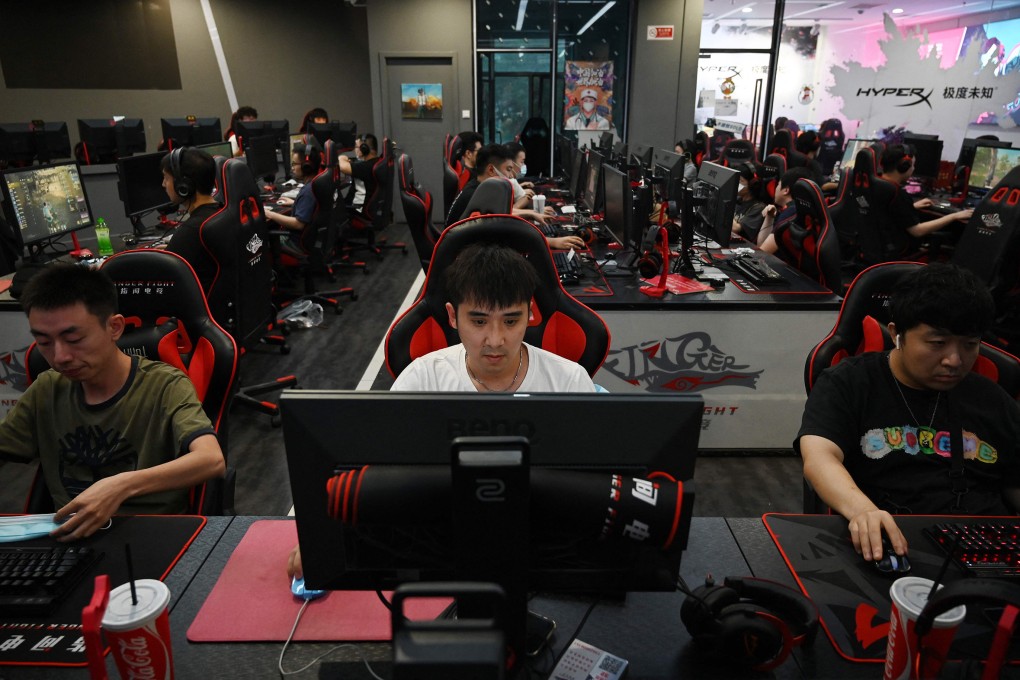China’s long-awaited resumption of video game licence approvals may be too late for some smaller studios
- Some video game developers to receive approvals this month have been subject to business change or ‘abnormalities’ in their operations
- None of the newly-licensed games came from Tencent Holdings or NetEase, the country’s two biggest gaming companies

The long-awaited resumption of video game licence approvals in China after nearly nine months of suspension might have arrived too late for some, with some smaller studios struggling to survive, according to a Chinese media report.
In the group of game developers to receive approvals this month are some that have made changes or encountered “abnormalities” in their operations, which could include a suspension of normal business operations or failure to perform certain corporate duties, Chinese tech media outlet 36Kr reported, citing business information portals including Qichacha and Tianyancha.
Nanjing Bochuan Network Technology, which was granted a licence on April 8 for a game that translates into English as Dreamy Puppies, was added to a list of companies subject to “abnormal operations” by the local market regulator last September. In this case, the regulator found that the company was unreachable at its registered address, according to Qichacha.
Official websites for some of the companies granted new licences, such as Shanghai Binlue Network Technology and Nanjing Wuzhiwanyou Network Technology, are currently unable to be accessed. Several calls to these companies by the Post on Tuesday went unanswered.
Baidu did not immediately respond to a request for comment on its plans for the new game on Tuesday.